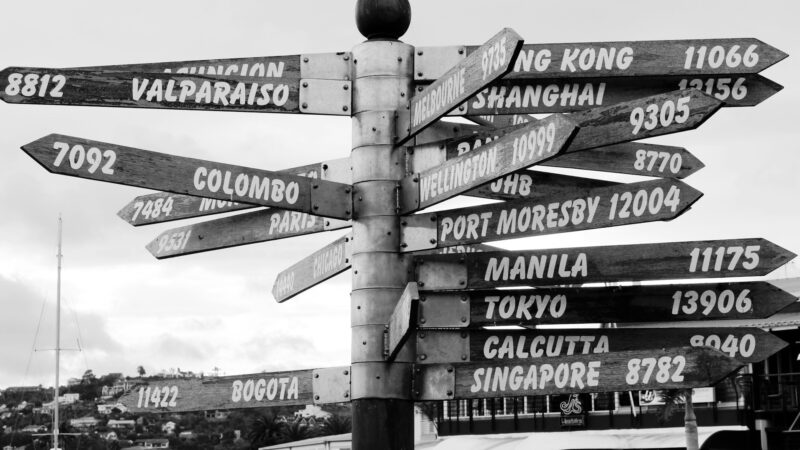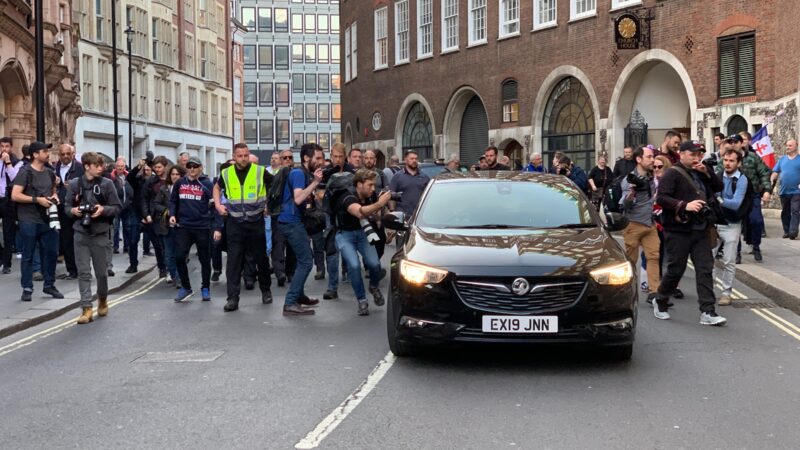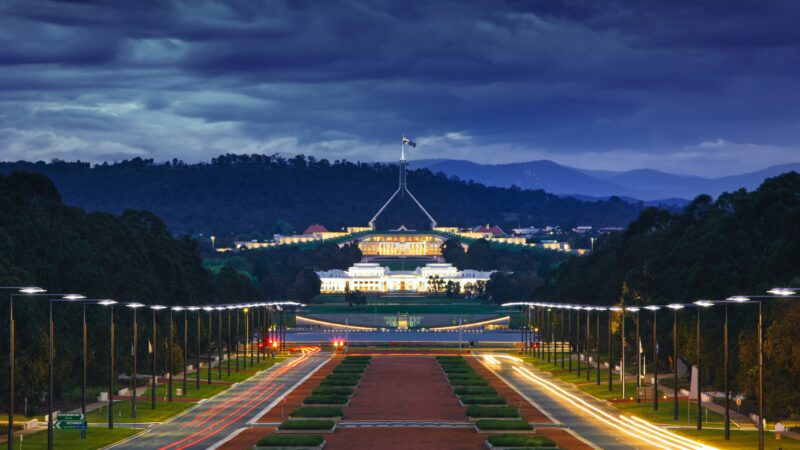Post-Liberalism is a term that is often used in our discourse with far-reaching implications for the future of British politics. It refers to a vision of society opposed to Francis Fukuyama’s claim of the ‘End of History’, and the inexorable expansion of liberalism. A post-liberal society is therefore one where liberal ideas such as individual freedom and treating people with equal respect, as well as government and juridical neutrality, are left behind. The decline of such principles has clear risks for the nature and quality of political discourse, such as occurred in the vituperative nature of interactions between some ‘Remainers’ and ‘Brexiteers’ post- 2016 referendum.
Political polarisation is, however, most noticeable in the formation of the woke left and the populist right, which have filled the vacuum left by the weakening of liberalism in Britain. How can Britain avoid a dichotomous post-liberal future? I argue that an important alternative is still available, one that entails a reaffirmation of the British way of life guided by the institutions, values, traditions and history that have made Britain a free society.
The first ideological force seeking to divide Britain is ‘wokeism,’ a neologism that has come to the forefront of political debate during the past decade. The woke left in Britain aims to create a moral identity for Britons, predicated on specific characteristics such as race, gender and sexuality. The widespread application of this ideological force would render the individual almost servile to woke culture.
Thus, individuals are told to think, say and write only narratives that are branded as ‘correct’. The latest example was the hounding out of Kathleen Stock from the University of Sussex for having ‘incorrect’ views about gender. This shows that wokeness seeks to paint British values such as free expression as something wholly ‘bad’. Such a reductionist approach totally neglects the positive, inclusive and forward-looking nature of much of British society.
Furthermore, wokeism also led to a rise of the second divisive trend in post-liberal politics – the ascension of the p and social coopulist right. Populism is a stance and rhetoric of politics that claims to speak for the silent majority or ‘the common person’ against the liberal, and increasingly ‘woke’ establishment. Right-wing populism builds on these themes by leaning on rhetoric and policies that foreground at least one of the following: economic nationalism, ethnic nationalism, and conservatism. Through these, right-wing populists claim to give voice to the people neglected by the modern liberal society. Giving voice to the people has amounted to unrestrained authoritarianism, with the populist right presenting itself as the messianic solution to all the problems of society.
Although the woke left and the populist right have different political objectives, they possess remarkable similarities. Namely, both see the ballot box as the sole legitimiser of their actions, and their populist rhetoric constructs a battle between ‘oppressors’, the establishment, and the ‘oppressed’ masses. Finally, both seek to hijack the power of the state in order to achieve their political aims, in the name of some intangible promise of a better future, for specific social groupings, whether that is specific ethnic minorities or the white working classes. These political aims are summed up in slogans such as “Black Lives Matter” and “Take Back Control”. Consequently, post-liberal Britain is presented with ideological forces which seek to undermine the very freedoms that have made this country great.
In this reality of two ideological extremes, we must pursue ‘a middle way’. This approach is called the British way of life, centred on the moral life of the individual. This moral life is demonstrated through the ability of individuals to choose and act in accordance with often unwritten norms and traditions. This helps to mitigate the effects of cumbersome bureaucracy as symbolised by Whitehall and Holyrood, which squeeze the freedoms, lifestyles and preferences of the individual. The British way of life should, therefore, centre on a view of freedom, where individuals have the autonomous power to choose their own conception of the good life. However, this view does not mean advocacy for a licentious free-for-all society. The moral life requires individuals to appeal to social institutions such as the community, religion, and the family. Only this approach to politics will be able to temper the excesses of wokeism and right-wing populism.
In short, the British way of life centres on the importance of choice, rights and duties, fundamental to a free society. This nurtures a healthy society, where people’s individuality is shaped by our community, values, history, traditions, and their own choices. Therefore, Britain should be fearful of attempts to change our religious, historical, habitual practices in favour of ideological preferences over the role of the state, speech, statues etc…
To conclude, wokeism and right-wing populism seek the concentration and preservation of power they approve of, by either appealing to social justice and identity politics, or to populist rhetoric. In face of this, politics should affirm the moral identity of the individual. A uniquely British way of life, therefore, remains the best defence against the divisive forces of post-liberalism.
Picture Credit
Ojel L. Rodriguez Burgos is a Policy Fellow of The Pinsker Centre, a campus-based think tank which facilitates discussion on global affairs and free speech. The views in this article are the author’s own.



